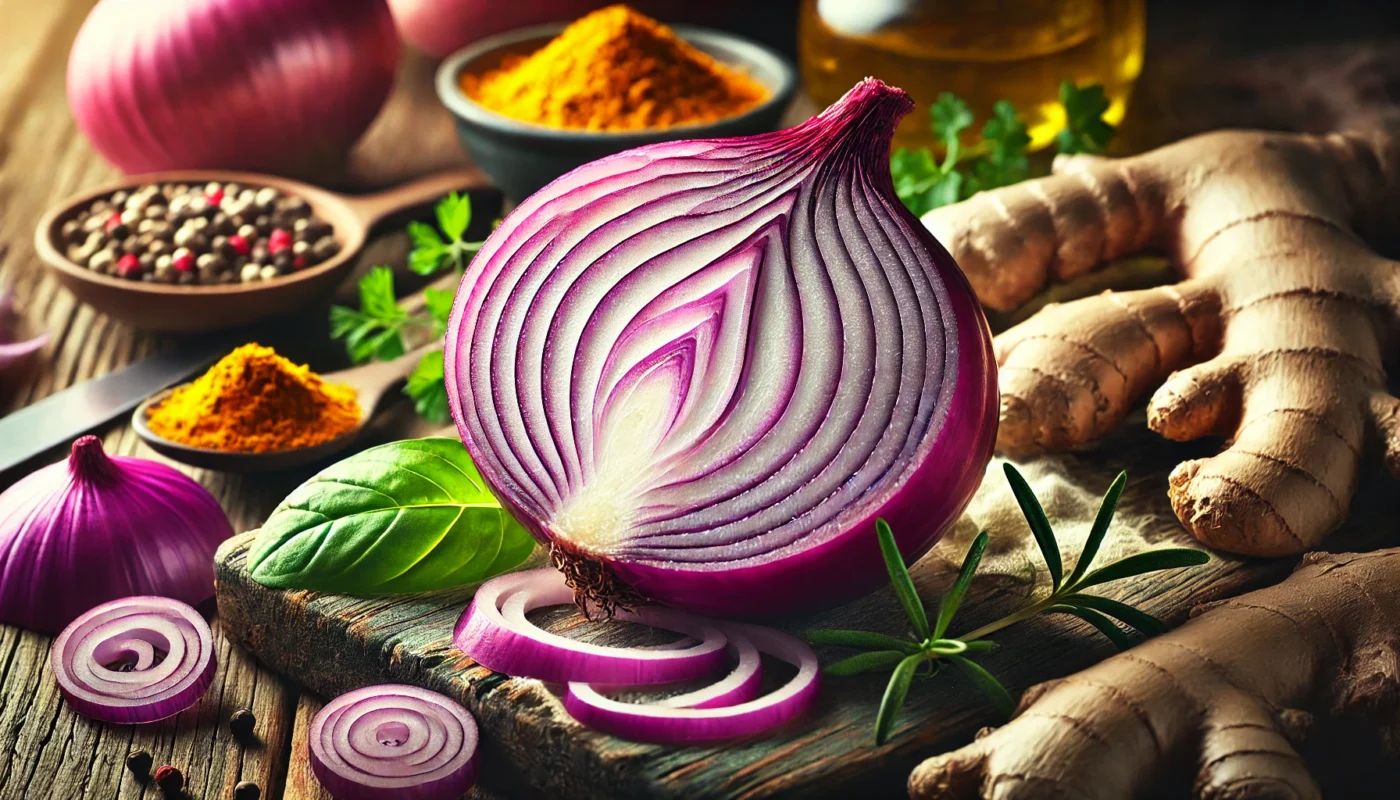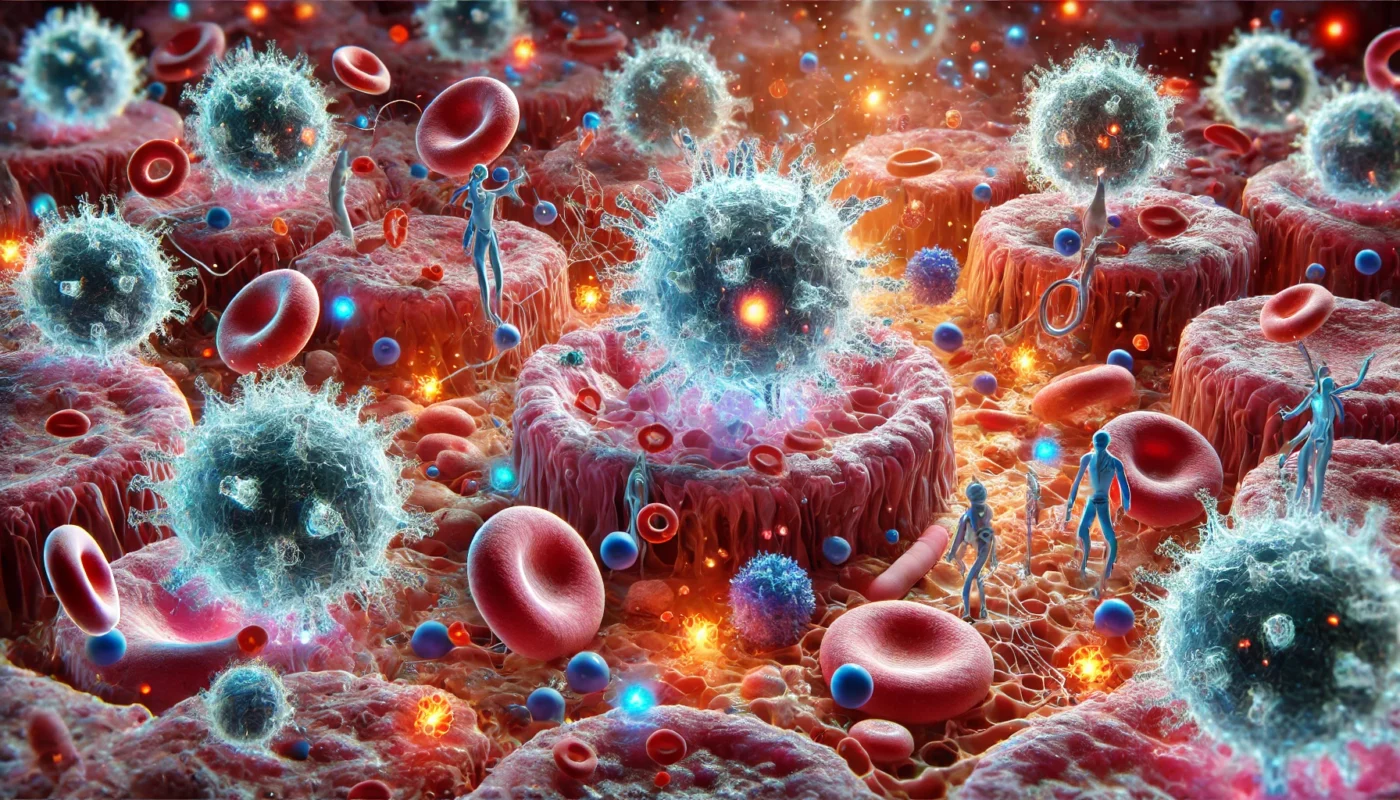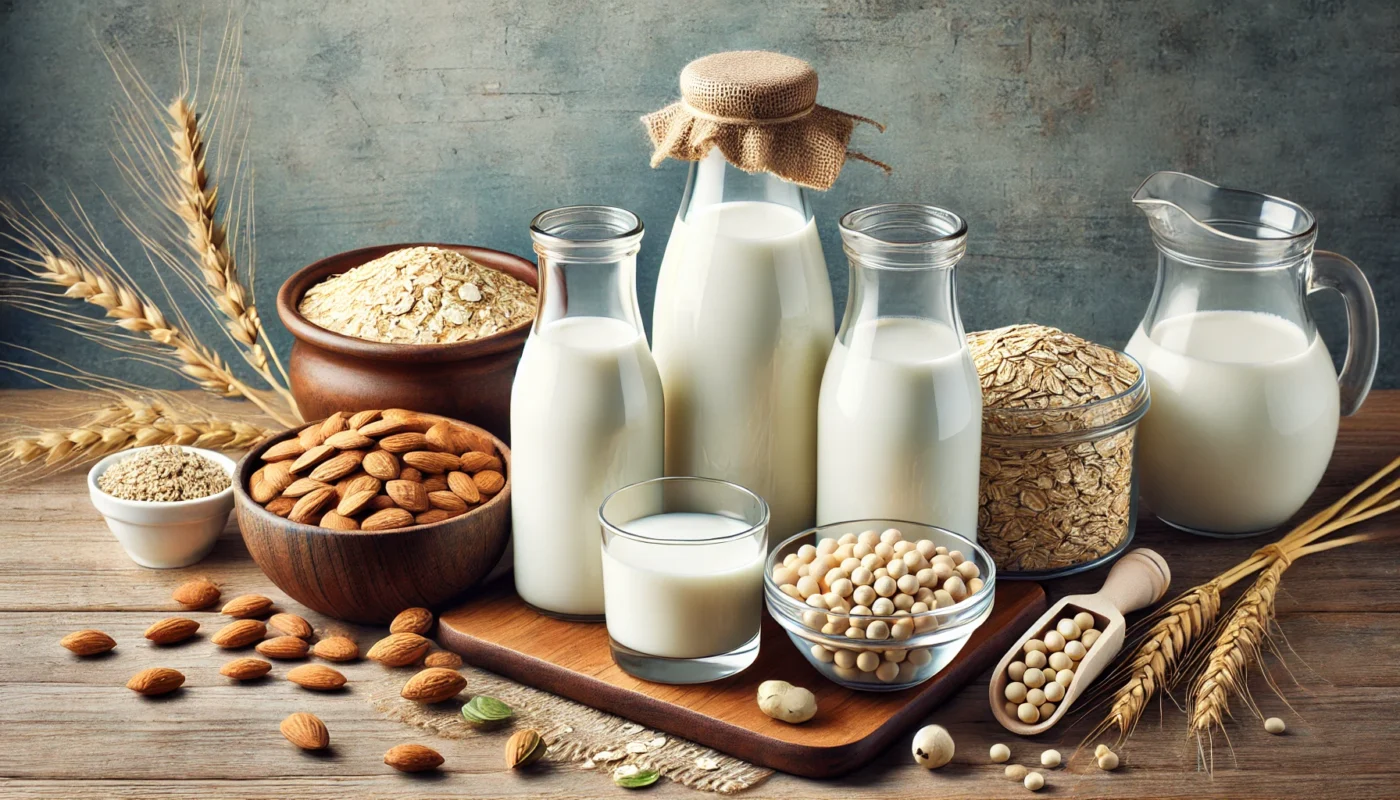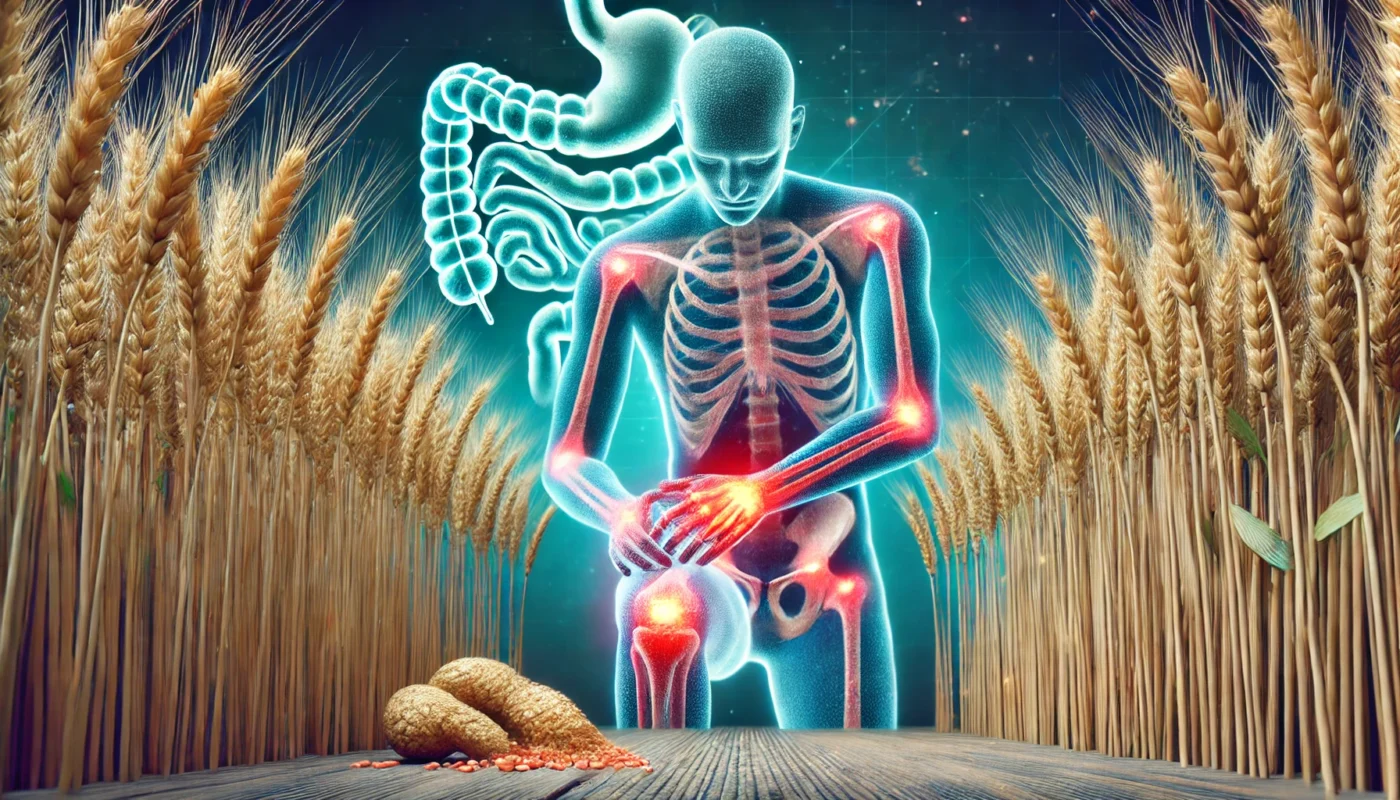In the quest for optimal health and wellness, individuals are increasingly exploring holistic and alternative approaches to manage inflammation—a common underlying factor in numerous chronic health conditions. This exploration often leads to a closer look at dietary choices. One food that repeatedly comes into question in this context is the humble banana. Are bananas truly anti-inflammatory, or do they contribute to inflammation? Let’s delve into the science and explore the potential benefits of incorporating bananas into your diet.
Tag Archives: personalized nutrition
Inflammation is the body’s natural response to injury or infection. While acute inflammation is a necessary part of the healing process, chronic inflammation can lead to a variety of health issues, including heart disease, arthritis, and even cancer. Therefore, managing inflammation is crucial for maintaining overall health and wellbeing.
Inflammation is a natural response of our immune system. It’s a protective mechanism that helps our bodies heal from injury and fight off harmful invaders. But when inflammation becomes chronic, it can lead to various health issues, from heart disease to arthritis.
Diet plays a crucial role in managing inflammation. Certain foods can trigger an inflammatory response, while others can help to reduce it. This article will explore the top 20 anti-inflammatory foods that can help you manage inflammation naturally.
The gut is often referred to as the body’s “second brain,” and for a good reason. It is home to trillions of microorganisms, collectively known as the gut microbiome, which play a crucial role in maintaining immune homeostasis. When the gut microbiome is balanced, it functions as a protective barrier against pathogens and supports the immune system’s regulatory functions.
Inflammation is a natural immune response that plays a critical role in healing and defending the body against foreign invaders. However, when inflammation becomes chronic, it can contribute to various health issues, including arthritis, heart disease, and even cancer. As interest in dietary strategies to manage inflammation grows, yogurt has emerged as a food of interest due to its potential anti-inflammatory properties. But does yogurt really help with inflammation, or could it exacerbate it? Let’s delve into the scientific evidence to better understand yogurt’s role in inflammation.
When managing autoimmune conditions, nutrition plays a pivotal role. The debate around eggs in the context of autoimmune diseases is ongoing, with questions such as: “Why are eggs bad for autoimmune disease?” and “Are eggs really detrimental to autoimmune health?” surfacing frequently. In this article, we will explore the nutritional benefits of eggs, assess their impact on autoimmune diseases, and provide practical advice for those considering incorporating eggs into their diet.
Pain management is a multifaceted approach that aims to reduce discomfort and improve quality of life for individuals experiencing pain. It involves a combination of medical, physical, and psychological therapies tailored to the individual’s specific needs. Pain specialists are healthcare professionals trained in diagnosing and managing various types of pain, from chronic conditions to acute injuries.
Inflammation is the body’s natural defense mechanism, triggered by the immune system to protect against injury, infection, or toxins. It involves the release of inflammatory proteins and chemicals to facilitate healing. However, when inflammation persists, it can result in chronic conditions. The key to managing inflammation lies in balancing the body’s response, ensuring it is neither overactive nor underactive.
When the body detects an injury or harmful pathogen, the immune system springs into action. White blood cells are dispatched to the affected area, releasing chemicals that cause blood vessels to expand. This process allows more immune cells to reach the site, facilitating repair. However, this response must be carefully regulated, as an unchecked immune reaction can lead to tissue damage.
Inflammation involves a complex interplay of cellular and molecular events. Pro-inflammatory cytokines and chemokines are produced to recruit immune cells to the site of injury. Additionally, the complement system, a group of proteins in the blood, becomes activated to enhance the ability of antibodies and phagocytic cells to clear pathogens. Understanding these mechanisms is crucial for developing strategies to manage inflammation effectively.
Inflammation is a natural process that occurs when the body’s immune system responds to injury or infection. This response is crucial for healing and defending against pathogens. When functioning properly, inflammation helps repair tissue damage and eliminate harmful invaders. However, when the process becomes chronic, it can lead to tissue damage and contribute to diseases like arthritis.
Chronic inflammation is when the body’s defense mechanism persists longer than necessary, often leading to a host of health issues. Unlike acute inflammation, which typically resolves quickly, chronic inflammation is subtle and can persist for months or even years. This prolonged state can damage healthy tissue, causing conditions such as joint disorders to develop or worsen.
Joint inflammation is a common health concern. It’s often linked to arthritis, a condition affecting millions worldwide.
Diet is increasingly recognized as a key factor in managing joint inflammation. Among various dietary components, wheat, specifically gluten, has come under scrutiny.
The question arises: does wheat cause joint inflammation? This article aims to explore this complex issue.
We’ll delve into the biological mechanisms of gluten’s impact on the body. We’ll also examine the difference between celiac disease, wheat allergy, and non-celiac gluten sensitivity.
The potential link between wheat consumption and joint inflammation is a topic of ongoing research. We’ll review the current scientific evidence, acknowledging the need for further studies.
Personal anecdotes of arthritis improvement on a wheat-free diet add another layer to the narrative. We’ll share these stories, while emphasizing the importance of individual dietary responses.
Finally, we’ll provide practical advice for those considering a wheat-free diet. We’ll also discuss the broader implications of dietary choices on joint health.
Join us as we navigate the intricate relationship between wheat and joint inflammation. This exploration aims to empower you with knowledge, enabling informed decisions about your health.










